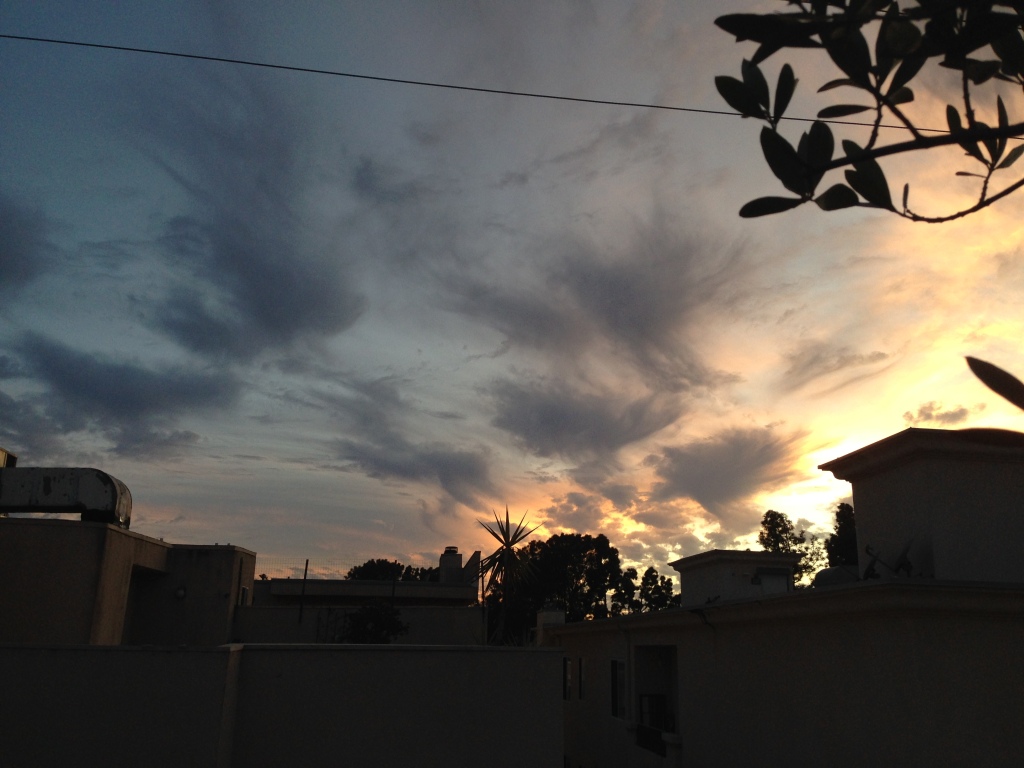When in California the COVID-19 virus first brought the economy to a halt and forced social distancing on us in March 2020, the playbook went something like this:
University of California: All libraries and non-essential offices are closed; all sporting events, public lectures and meetings are cancelled; and wherever possible all instruction for Spring and Summer Quarters in 2020 (and now, as we know, Fall, Winter, and Spring Quarters of 2020-2021 too) will be conducted on-line unless absolutely essential.
Governor of California: A state of emergency is hereby declared; all Californians must work from home whenever possible, and leave home only for essential food shopping and medical appointments, to pick up take-away food ordered in advance, or to take exercise in the open while maintaining social distancing.
Rest of California: Oh fuck.
Me: So no change there then.
Yeah, OK, that’s selfish, I know. For millions of people this pandemic has meant and continues to mean lost earnings, lost businesses, lost jobs, lost homes, and a new, hard world of federal aid, food pantries, and constant anxiety; at the very least, it has meant being cooped up inside for long hours, attempting to care for children and keeping them entertained while finding time to work on-line as well. I don’t have those worries. I have no kids and no work-for-pay, while I do have a husband in stable employment. Like him, I’m an academic by training, and I have continued to do my own research at home even after giving up all teaching. We have a very nice flat with a deck, and we can take walks in a pleasant neighbourhood close to home.

What I do have is the experience of being cut off from the world, by my own illness. I do know what it is like to be confined to my home or even to one room for long periods. I know what it is like to have my career, family, social life, and hobbies taken away from me, leaving me feeling sidelined and deeply resentful, and always in danger of sliding into reclusive agoraphobia. Without my husband’s constant care and support—and I don’t mean to be melodramatic here—I have little doubt I would be dead by now. I would simply have given up.
I wrote a couple of poems about this experience. Don’t worry: I am not going to inflect them on anyone. They’re not very good, and not very good poetry is deeply embarrassing for everyone concerned. But they helped me see how I felt about the life I had been given. No consultation; just: here it is. It’s now yours.
And I also see that my experience isn’t of any use to the millions who are now living in isolation or have been damaged by long months of it. I had sixteen years wrestling with my ME to try to keep my career, and then fifteen more to adjust to a life without it, with no prospect of recovery, and obviously no way to get back all that I’ve lost. This is nothing like the sudden infliction of isolation from friends, co-workers, and family; of all the damage that children have suffered mentally and emotionally; of the terrible fear you might lose someone you love, or the unbearable pain of actually doing so. There are those, the sufferers from “long Covid” who may be in a situation more like my own. I hope that they, too, get to leave the Kingdom of the Sick, after a few months at most, and are able to take up their old lives once more—maybe with adjustments here and there.
The difference is simple: I can never leave. My own new life is built on the certainty that all the things I lost are gone forever. At first I was actually unhappy that the pandemic was coming to an end and that I would be left alone, washed up on the beach at the high-tide mark, another wreck on the shoreline while everyone else sailed off into the sunset. But now I see how foolish and wrong that is. I hope everyone who can will soon get back to normality, or the new normal anyway, and can come out of this more or less undiminshed, maybe even with a fresh and stronger appreciation of all the good things in life.